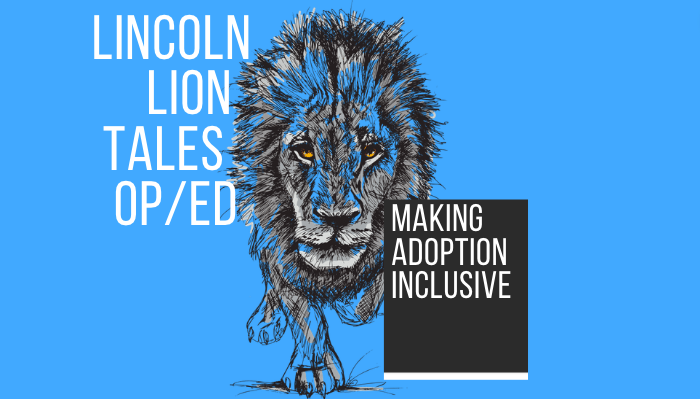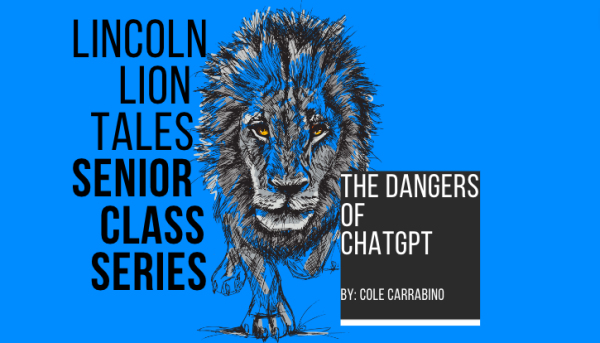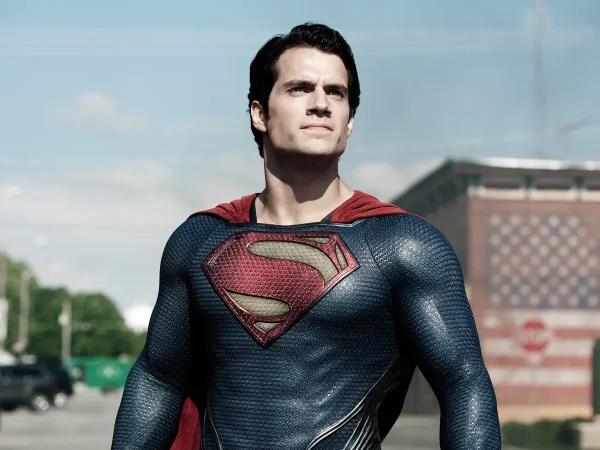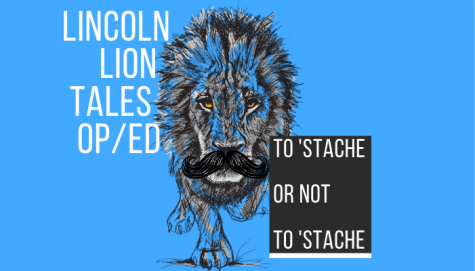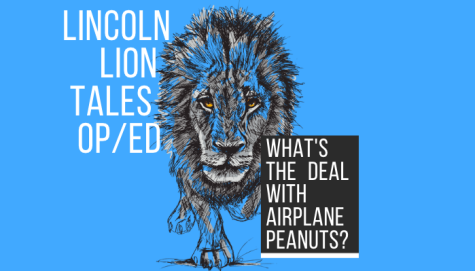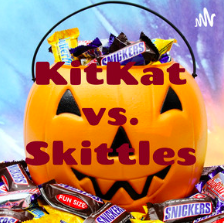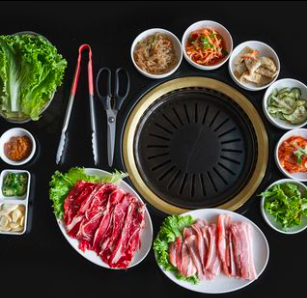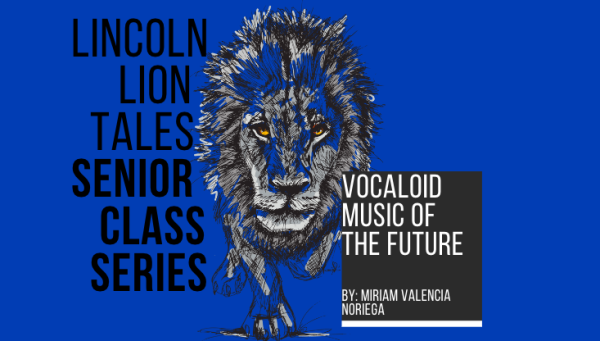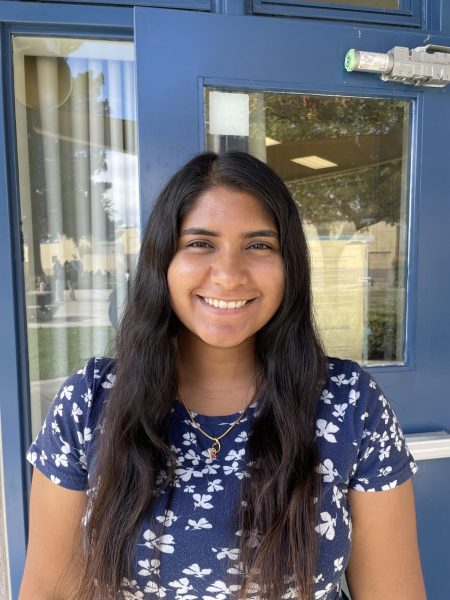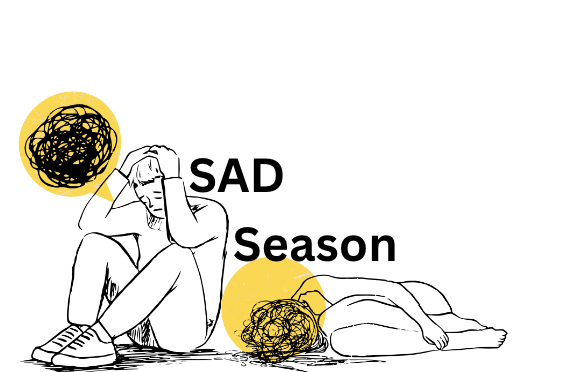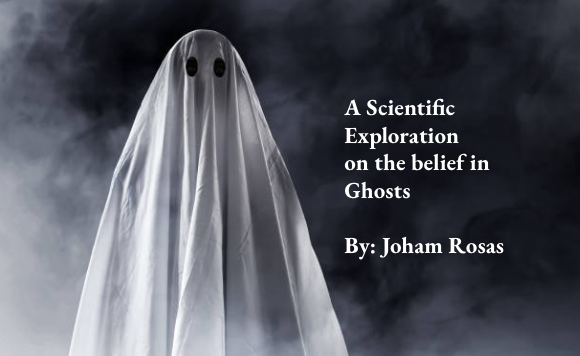Making adoption inclusive
We’ve all heard of the musical “Annie”.
A sassy, orphaned girl in New York City, who was adopted by a wealthy one-percenter, Mr. Warbucks. Unfortunately, most orphans aren’t lucky enough to be adopted by a millionaire, and go to bed each night hoping for anyone to take them in.
According to UNICEF, there are nearly 153 million of those orphans worldwide, accounting for roughly two percent of our global population. That accounts for nearly two percent of the roughly eight billion people that now roam this Earth. Too many of these kids face an uncertain future, and while adoption of the simplest solution, it’s a much more complicated answer than it needs to be.
According to CBS News, in 2020, it cost Californians an average of $26,380 to birth a child in California. With healthcare insurance, that cost goes down even more to a simple copay but no matter what healthcare insurance you have, it doesn’t help bring down adoption costs. However, According to the 2020 U.S. Census, there is a large demographic of people who on average, have more disposable income and are more likely to make adoption happen.
Same-sex couples.
According to the 2020 U.S. Census, “Overall, same-sex couples were more likely (3.1%) than opposite-sex couples (1.1%) to adopt a child. In fact, 20.9% of same-sex couples with children had adopted children;”. Adopting a child in the state of California can cost up to $70,000 according to American Adoptions of California.
With that cost being said, none of the major five banks in the United States (Bank Of America, Chase, Citit, U.S. Bank, or Wells Fargo) offer loans built specifically for adoption. According to the 2020 Census, “Overall, same-sex married couples had a higher median household income than opposite-sex married couples: $107,200 and $96,930, respectively.” So if it’s been proven that same-sex married couples are more likely to have the disposable income needed to give these kids a home, why do some still discriminate and try to make it harder for these couples specifically to adopt? Furthermore, why do some members of the U.S. Government believe it should stay that way?
Tennessee Governor Bill Lee and other politicians like him have always vouched for adoption and fostering as an alternative to abortion, but despite that sentiment, Lee pushed legislation that allows faith-based foster care and adoption agencies to use taxpayer money even if these organizations exclude prospective LGBTQ+ couples. This is the same anti-abortion rhetoric that’s been around for a long time, something along the lines of, “An orphaned child is better than a terminated fetus.”
Despite countless studies like those of the American Academy of Pediatrics confirming in 2013, “…Children raised by gay and lesbian parents have demonstrated resilience with regard to social, psychological, and sexual health despite economic and legal disparities and social stigma.’ this is a reality in many parts of the country. According to NBC News, “A handful of states to date have enacted similar legislation including Kansas, Oklahoma, Texas, Alabama, South Dakota, North Dakota, Virginia, Mississippi and Michigan.”
The same homophobia rears its ugly head even in the most liberal of places, like San Jose.
Back in April 2022, NBC News reported a gay couple at the Diridon Station with two children on a train being verbally accosted. The comments (directed at their Black 6-year old son and Asian 5-year old daughter), included “That’s not a family! You’re r****** and pedophiles. You steal Black and Asian children and you r*** them,”.
Before we can solve the problem of gay adoption, we need to take a step back and examine gay marriage.
The argument of gay marriage is closely entwined with the same-sex adoption argument. As stated earlier, anti-abortion figures have advocated for adoption but there are plenty of examples of hypocrisy. The first being with the anti-abortion group, Susan B. Anthony Pro-Life America, who in 2010, partnered with The National Organization for Marriage, an anti-gay marriage organization to produce Spanish-language television campaign ads against Democratic politician Barbara Boxer, who is in support of gay marriage. While the ads, (meant to target Spanish-speaking voters) never specifically targeted gay adoption, it implicated severe homophobia which strengthens these challenges against same-sex couples.
It’s also no secret that same-sex marriage is much more widely talked about than same-sex adoption. One Republican politician, Rep. Vicky Hartzler of Missouri made headlines after crying on the house floor at the thought of gay marriage becoming legalized in 2022.
Reuters also reported in 2015 that Kenya’s then-deputy president (now current president) told a group of churchgoers in the capital city of Nairobi that “The Republic of Kenya is a republic that worships God. We have no room for gays and those others,”. His then-spokesperson, Emmanuel Talam, spoke with Reuters and stated “The government believes that homosexual relations are unnatural and un-African.” As of today, same-sex adoption is still illegal in the Republic of Kenya.
Not all is lost however, as back in the United States there are several groups working towards creating this adoption equality. The Pop Luck Club, for instance, is the largest gay fathers’ organization in the world and is currently based in the Los Angeles area. They provide support and tools for gay fathers in a world that can often be stacked against them and their families.
The organization was founded in-part by Daniel Brandhorst and Ronald Gamboa (a gay and mixed-race couple) in 1998 who decided to embark on the journey of gay fatherhood during a time when being gay or in a mixed-race relationship was not as accepted as it is today. In 1998, the two fathers waited in a Los Angeles hospital as their adopted son, David, was born into the world. Three years later, on the morning of September 11, 2001, a 3-year-old David, Daniel, and Ronald boarded United Airlines Flight 175 destined to fly from Boston to Los Angeles. The three had been visiting family in Massachusetts when that fateful morning, five hijackers with the terrorist group Al-Qaeda took over their plane and flew it into the 110-story southern tower of the World Trade Center in New York City. As people on the streets watched in horror, news of what flight they were on soon became clear. Their family and members of Pop Luck were stunned as they re-watched footage of their friends’ plane hitting the building and realizing their lives were taken away all in the name of pure hatred. Their death, however, was not in vain. In the aftermath of 9/11, the Pop Luck Club was ready with resources for families on how to explain to their young kids what happened and how to cope with the pictures they saw on their televisions.
Fast-forward almost 22 years later and their organization has grown tremendously. For prospective dads who are ready to begin their legacy and adopt a child, they provide pathways to adoption and fostering agencies that can help. For dads who are worried about lending discrimination, they made sure to share a bank-rate guide to support them in recognizing the potential for housing discrimination and how to use their rights to protect themselves during that process. More than anything however, they hold monthly support meetings where panel discussions include surrogacy, adoption, legal issues for gay fathers and their families, financial advice, and help for raising girls.
While all of this is great, what about lesbian mothers? Don’t worry, there’s an organization for them too. Mombian is an online database that covers virtually the same topics as the Pop Luck Club. Mombian has been around since 2005 and like the Pop Luck Club, is still standing and still strong even in the face of new challenges.
All in all, organizations like these know all too well the discrimination that people can face, but it’s important to understand that even one person can contribute to making a change in a system that is built to allow discrimination against these families.
Maybe it was uncommon to see two men driving with a car seat in the back during the Cold War era, but times continue to change and you can be a part of that. You simply need to do one thing, vote.
As soon as you turn 18, you have the power to vote for people who will approve laws that give rights to these families. By sitting on the couch and liking Kylie Jenner’s Instagram posts or unplugging your brain otherwise, you are allowing a higher chance of someone who views these families as “immoral” or “unnatural” to be elected instead.
In a time when extremism is rampant and the rights of same-sex families hang in the balance, being a member of society and a part of the statistic that votes in favor of same-sex adoption shows that you care about those unadopted kids.
It’s not pretty, but with a pen and a ballot, you can make it pretty.


